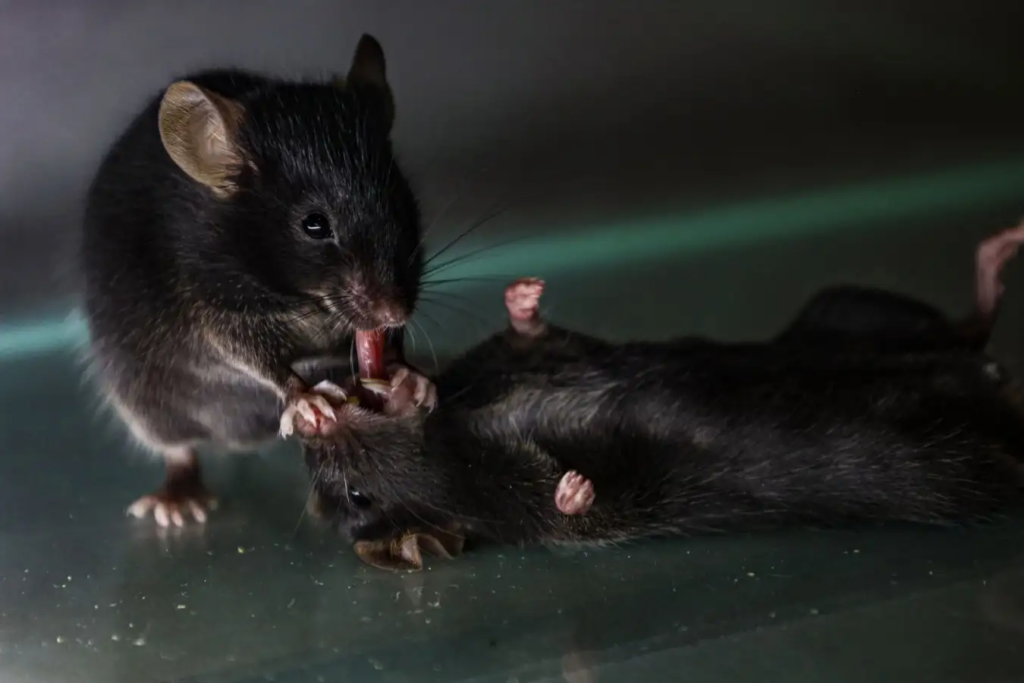
Study suggests mice attempt to revive unconscious peers
In a remarkable scientific finding, researchers have observed that mice engage in first-aid-like behavior to assist unconscious companions. The study, published in the journal Science, reveals that when a drugged mouse was placed in an enclosure, a peer displayed increased attention by sniffing and grooming. As the incapacitated mouse became more unresponsive, its companion escalated efforts to revive it.
Rodents exhibit emergency-like responses
“It seems that the mouse can perform, deliberately, this whole set of behaviours,” said Huizhong Whit Tao, a neuroscientist at the University of Southern California (USC) and co-author of the study.
“This is the first time that we’ve reported these kinds of emergency-like responses from animals.”
In one striking observation, the assisting mouse was seen pulling the tongue of its unresponsive peer, mimicking a form of mouth-to-mouth resuscitation. This action appeared to expand the airways of the unconscious mouse, aiding its recovery. To test the effectiveness of this response, researchers placed small objects in the unconscious mouse’s mouth, which were successfully dislodged by tongue-pulling.
“This was the most surprising part of the study. Obviously, the effects are beneficial,” the researchers noted.
Familiarity plays a role in rescue behavior
The study found that mice were significantly more likely to assist familiar peers rather than strangers.
“These behaviours emerged after prolonged immobility and unresponsiveness of the partner and ceased once the partner regained activity, suggesting that they were triggered by observing unresponsive states of others,” the study stated.
Researchers linked this behavior to the paraventricular nucleus, a region of the brain associated with producing oxytocin—a hormone that fosters empathy-like responses in rodents.
A broader perspective on animal altruism
Similar rescue behaviors have previously been observed in larger mammals such as dolphins and elephants. While mice have been known to assist trapped peers, this study provides the first detailed account of first-aid-like behaviors in small mammals.
As scientists continue to explore animal cognition and empathy, these findings suggest that life-saving responses may be more widespread across species than previously thought.






